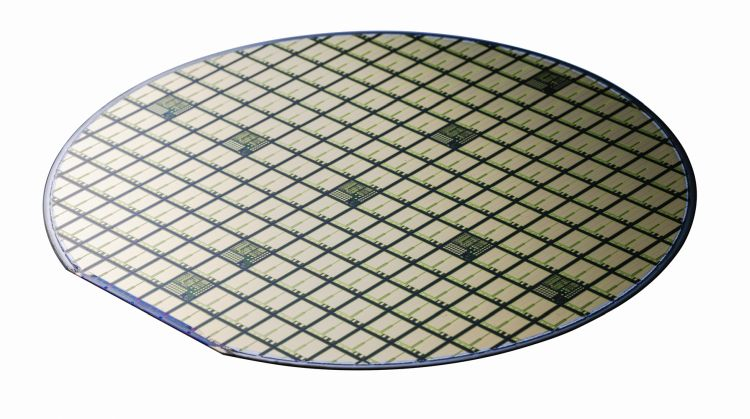
The importance of semiconductor components to the automotive industry could easily be seen in the magnitude of the crisis that has gripped production lines since late the year before last.The development of active driver assistance systems and the transition to electric propulsion will only increase automakers' demand for chips, so Denso is thinking about structurally separating its semiconductor business.Image source: DensoBy Denso CTO Yoshifumi Kato, this business brings the largest component supplier to the Toyota Motor assembly line up to $3.1 billion in revenue annually.The Japanese automaker's higher resistance to the semiconductor crisis has allowed Toyota Motor to break away from the rest of the market as its leader.Directly Denso is the second largest manufacturer of automotive components.In the segment of automotive semiconductor components, the company claims the fifth place in terms of revenues.Already now, Denso management is thinking about the feasibility of structural separation of the semiconductor business.If this happens, the chips of this brand will also be supplied for the needs of third-party manufacturers of automotive components.At the moment the company is concentrating its efforts on covering its own needs in semiconductor products.The development and production of such products will soon take up to 10% of Denso's research budget.The company expects revenues from chip sales to increase 19%.In February, Denso agreed with TSMC to buy a 10% stake in a joint venture with Sony, which will operate in Japan and manufacture semiconductor products.It was Denso's participation in the joint venture that prompted TSMC to consider using more advanced lithography, which initially was to be limited to Sony's required 22 and 28nm process technologies.Denso expects the semiconductor shortage to ease slightly at the end of the current fiscal year, which ends in March 2023.


0 Comments